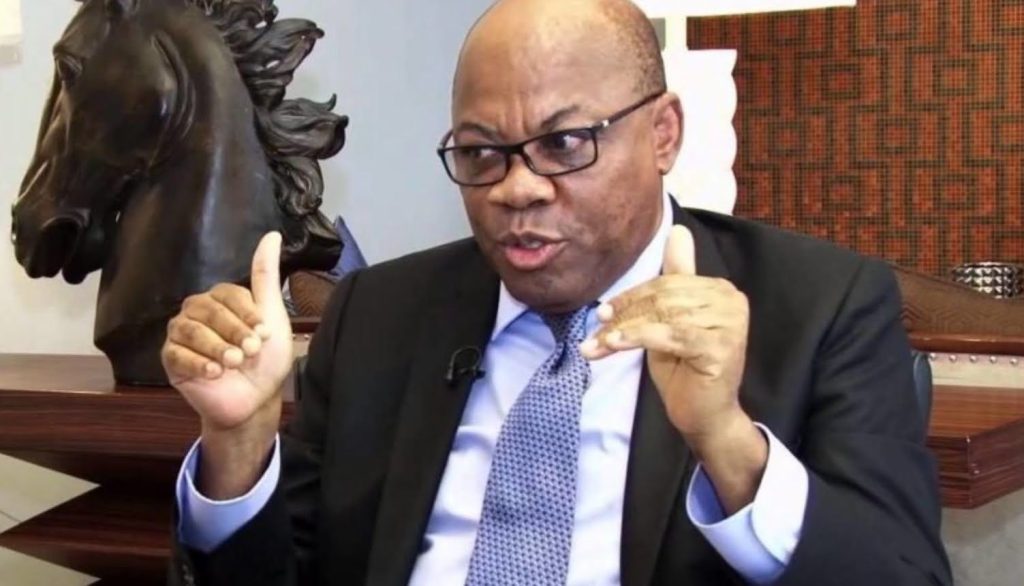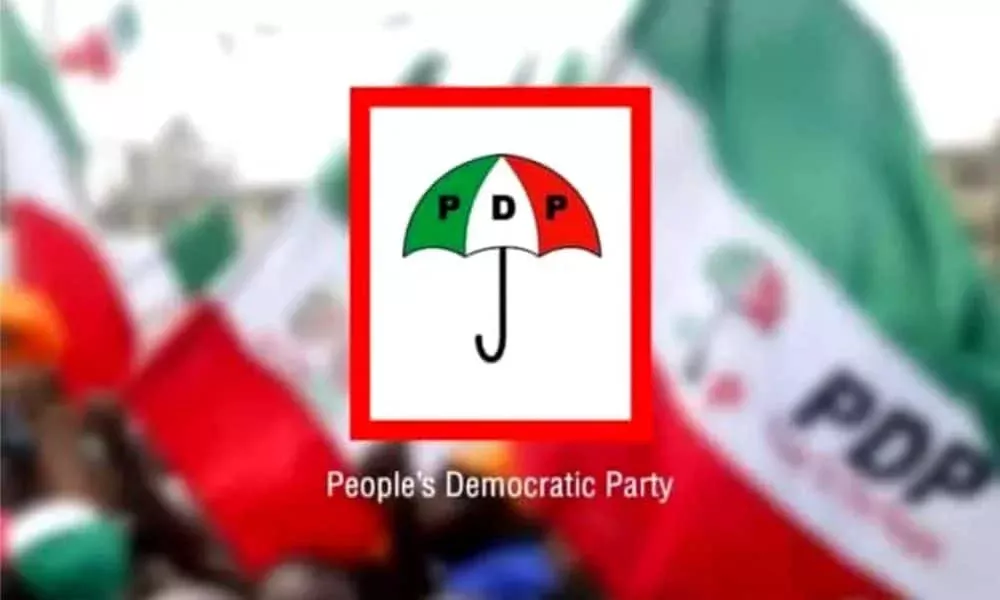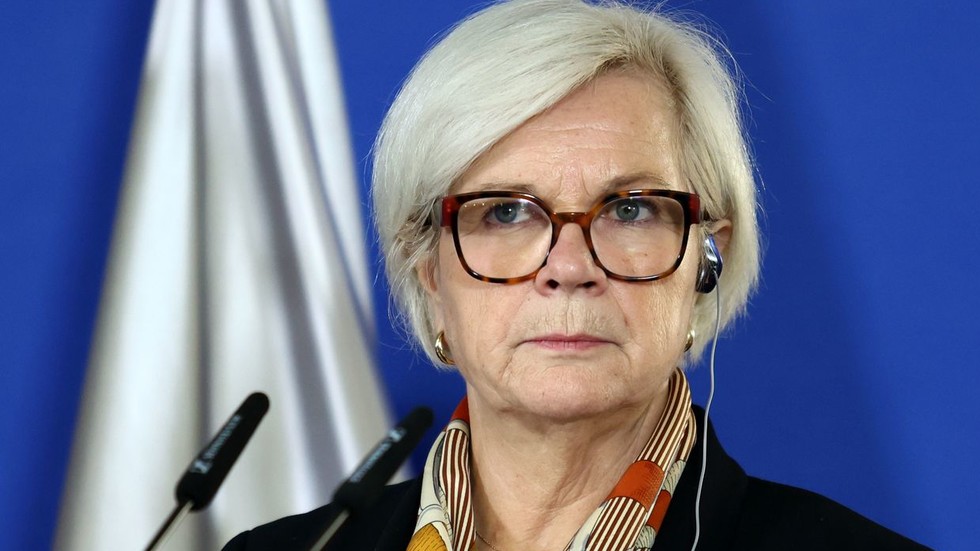A Crisis Unfolds: Samuel Eto’o’s Eligibility Controversy Threatens Cameroonian Football Federation
With the November 29th presidential election of the Cameroonian Football Federation (Fécafoot) fast approaching, the institution finds itself entangled in a bitter power struggle between its governing body and the government. At the heart of this crisis is the eligibility of incumbent president Samuel Eto’o, a legendary footballer, who is seeking a second term despite a contentious Spanish conviction for tax fraud.
In 2022, a Spanish court found Eto’o guilty of tax fraud during his time playing for FC Barcelona, resulting in a 22-month suspended prison sentence. Under Fécafoot’s existing statutes, which were in effect during his first election in 2021, this conviction would normally disqualify him from running for office. However, in an attempt to clear a path for Eto’o’s re-election, Fécafoot’s executive committee revised its internal statutes in November 2023, rendering his suspended sentence insignificant in the eyes of the updated regulations.
This move has sparked intense controversy and opposition, with many labeling it as a self-serving power play. The Ministry of Sports, led by Narcisse Mouelle Kombi, has firmly rejected the revised statutes, emphasizing that they have not been approved by the department as required by Cameroonian law and are therefore null and void.
As a result, Eto’o finds himself in an impossible dilemma. If he adheres to the 2021 statutes, which the government deems valid, his conviction would automatically disqualify him from running. On the other hand, if he chooses to proceed under the unapproved 2023 statutes, he risks the election being annulled by the government or challenged in court by his rivals.
This ongoing crisis has deepened the institutional divide within Fécafoot, and with each passing day, the legitimacy of the eventual winner hangs in the balance. The overwhelming influence of Samuel Eto’o as both a national icon and a polarizing figure has eclipsed critical policy debates and the future development of Cameroonian football. As the clock ticks down to the election, the fate of Cameroonian football governance hangs precariously in the balance.
In this high-stakes battle, it remains uncertain whether the allure of power and institutional stability will persevere, or if the pursuit of legitimacy will tear the fabric of Cameroonian football apart. As the impasse escalates, football fans across the nation and beyond await the outcome with bated breath, yearning for the political turmoil to give way to the pure, unbridled passion of the game.



